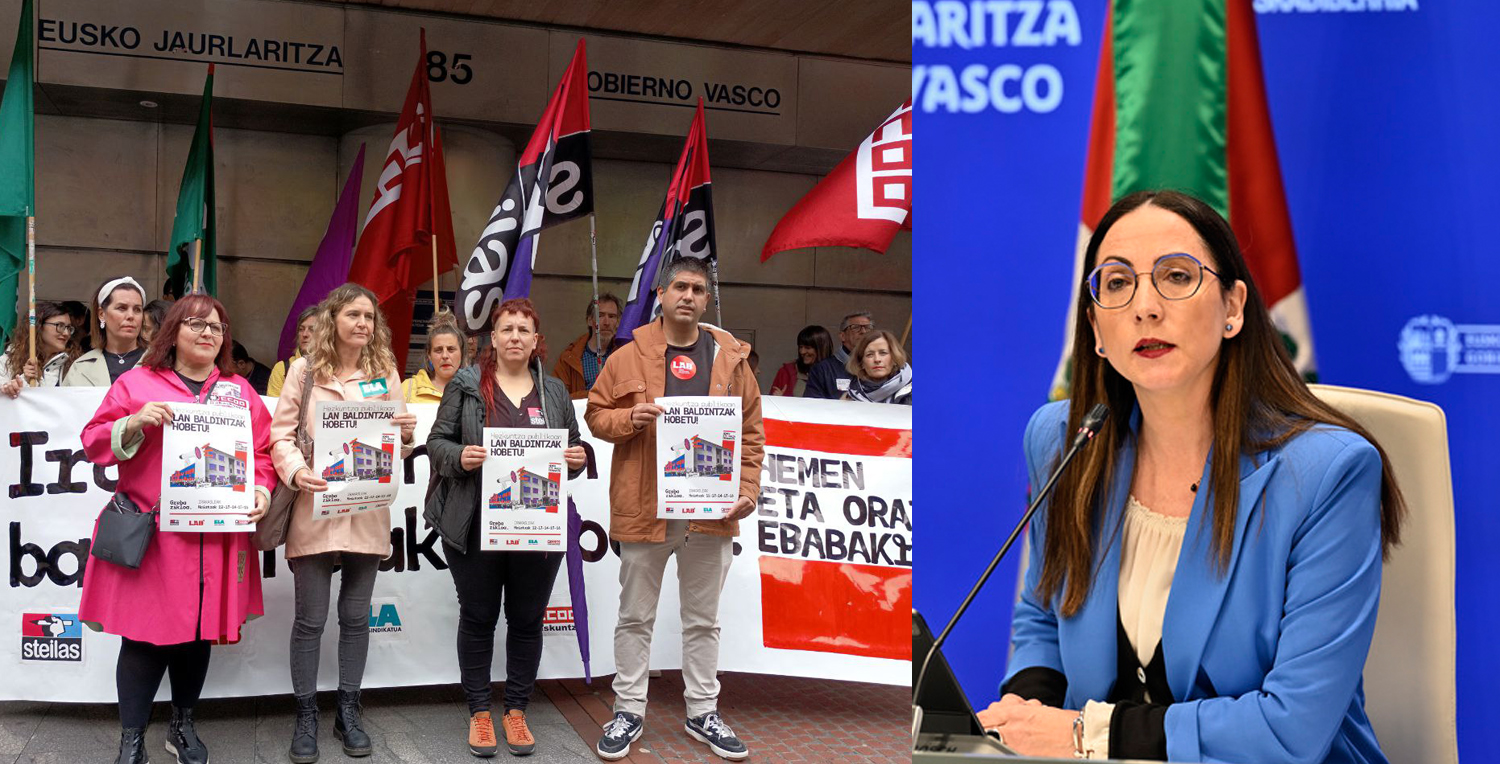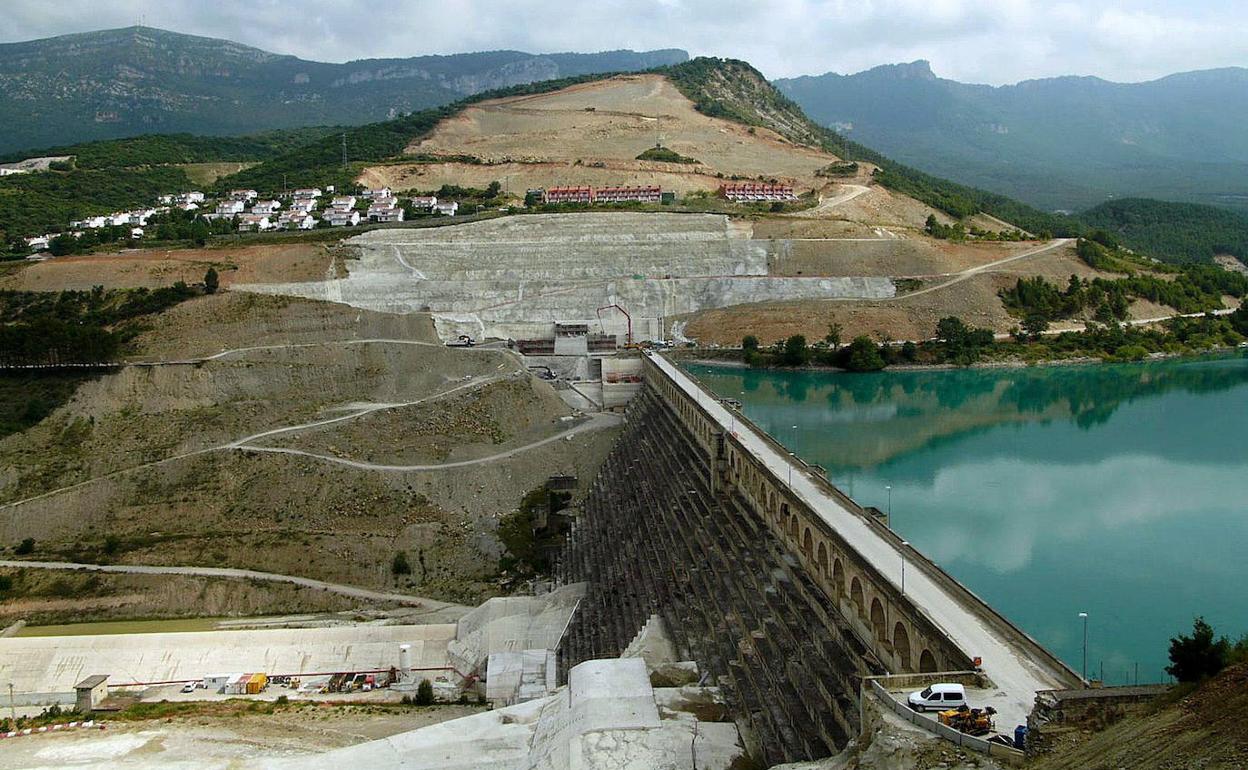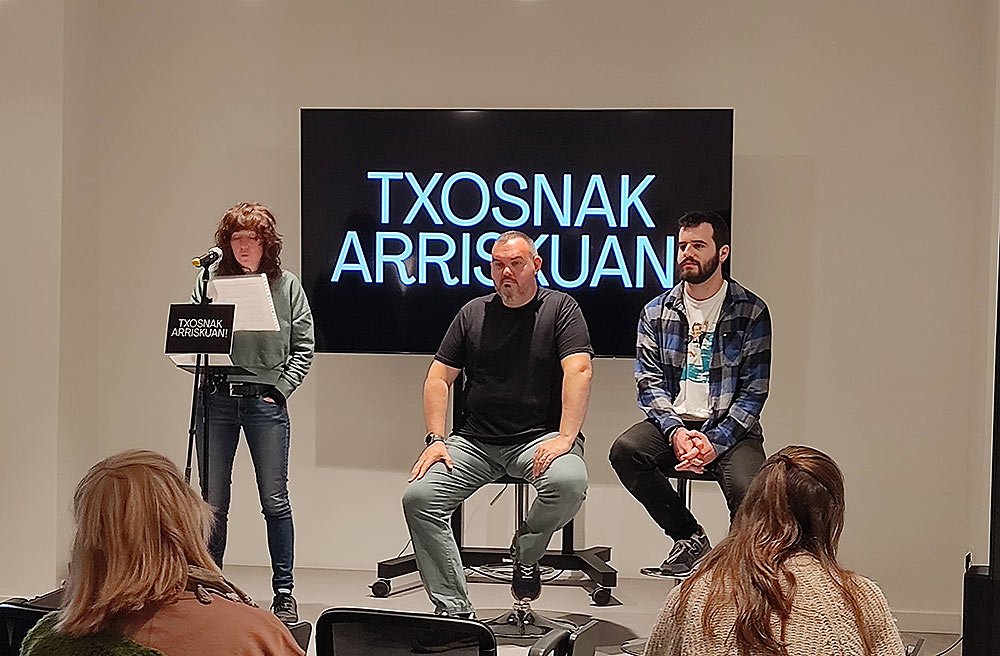Productivity and labour disputes
The metallurgical sector in Bizkaia is in conflict. As in so many sectors, the convention has not been renewed for several years, resulting in a reduction in wages for workers and a worsening of working conditions. In the meantime, employers in this sector are supporting greater flexibility to link wage growth to productivity and to establish irregular day allocation. The economic context does not help the negotiations in any way.
The employers in the sector, by maintaining these two elements, are using very much worked concepts in the business world in recent decades. Flexibility, talent and “emotional pay” appear to be very post-modern concepts depending on the contribution of wages to the company. But what's behind it is the standard neoclassical economy, that is, the classic neoliberal analysis. When you start to link growth to productivity, the goal goes further: pay wages based on productivity. That has been the objective of the labour reforms of the last decade. However, in the real world, this school of economics fails. But that doesn't matter to employers. It's a theory of capital.
The two goals of the Bizkaia metal sector employers, productivity wages and flexible working hours, have been objectives since the creation of capitalism.
I will make a new reading of this subject: productivity is talked about, as if it were a concrete and measurable element. It is a concept that economists have often used in various explanations. It can be used with its inaccuracies when analysing the economy as a whole. But is it possible to determine the real productivity of a worker and pay the wage accordingly? It depends, for example, on what happens on a working day. Well, if that were the case, maybe many middle and senior managers would lose their salary level, wouldn't it? How would we measure that production? A simple question with a difficult answer.
The anarchists of the 19th century kept the same debate. Collectivists proposed that the person be based on the hours employed, while the anarch-communists made a ferocious criticism of this analysis, because the contribution of a worker in the production of a product cannot be determined. As a result, the latter fought for the disappearance of the wage system.
An old debate, yes, but very topical. In the conflict between work and life, when it is asked to put life at the centre, they coincide with the approach of many anarch-communists: if the wage system is the measure of socioeconomic relations, what is the place left to work, to care?
The two goals of the Bizkaia metal sector employers, the wage for productivity and flexible working hours, have been objectives since the creation of capitalism. Flexibility to establish an irregular allocation of the day, recognised as multisectoral, is applied in almost all cases in favour of the skipper. Aid for the reconciliation of work and family life will then be mentioned, but in this precarious context with flexibility measures in favour of the enterprise, it is not possible. Productivity pay is an absolutely unreal system. how to measure and impute the number of jobs and jobs that have been used in the production of a product? It's like entering a deserted street.
That is why it is necessary to rigorously criticise these concepts. We have to face up to what the Biscay metal boss is proposing. Step by step, spreading across different sectors. Ending the wage system may seem radical, but if you think about it, it can be an opportunity for the future. After all, what is at stake is the sustainability of life.
BRN + Neighborhood and Sain Mountain + Odei + Monsieur le crepe and Muxker
What: The harvest party.
When: May 2nd.
In which: In the Bilborock Room.
---------------------------------------------------------
The seeds sown need water, light and time to germinate. Nature has... [+]























